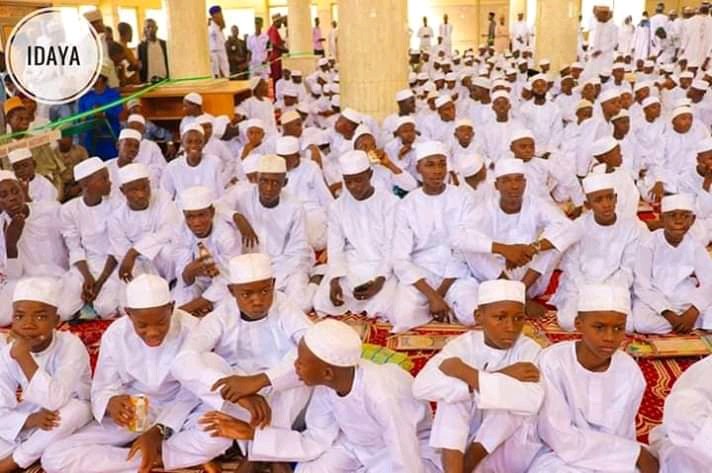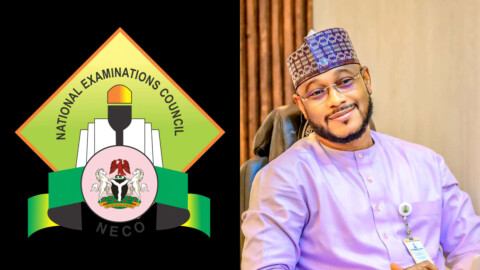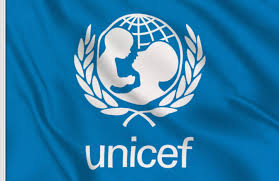In a significant stride towards addressing the issue of out-of-school children, the Federal Government of Nigeria has enrolled two million Almajiri children in basic and Arabic literacy programs. This initiative, announced by Minister of Education, Prof. Tahir Mamman, underscores the government’s commitment to improving access to education for vulnerable populations.
The announcement was made during the Citizens and Stakeholders Engagement on Nigerian Education Sector Ministerial Deliverables, where key stakeholders gathered to discuss progress and challenges in the education sector. This engagement serves as a platform to assess the implementation of various initiatives aimed at advancing education in Nigeria.
President Bola Tinubu’s administration has prioritized education as a fundamental aspect of national development. Through the Renewed Hope Agenda for 2023 – 2027, the government aims to address critical issues such as the high number of out-of-school children and improve the quality of education across the country.
Despite efforts to reduce the number of out-of-school children, challenges persist. The recent kidnapping of students from the University of Calabar highlights the security risks facing educational institutions. In response, the Ministry of Education is collaborating with security agencies to ensure the safety of students and enhance security measures in schools.
Improving access, enrollment, and retention rates at all levels of education is crucial for bridging the gap in educational opportunities and ensuring that every child has the chance to receive quality education. The Ministry of Education has developed guidelines and training manuals to promote inclusive basic education, focusing on increasing access, enrollment, and retention rates at all levels of education.
Technology plays a significant role in enhancing learning outcomes and addressing teaching and learning challenges. The Ministry of Education is leveraging technology to promote skill development and acquisition, particularly at the basic education level. By integrating technology into education, the government aims to improve learning outcomes and prepare students for the digital age.
Collaboration between government agencies, international partners, and stakeholders is essential for driving positive change in the education sector. Initiatives such as the GEP III project, supported by the UK Government, have significantly contributed to improving access to education, particularly for girls. These partnerships play a crucial role in expanding educational opportunities and addressing key challenges in the sector.
To further enhance access to education, stakeholders recommend the implementation of policies to subsidize education fees and address the influx of children from other regions. Additionally, there is a need to prioritize security education and strengthen measures to protect students and teachers from security threats.
As the Ministry of Education continues to work towards achieving its deliverables, there is a collective effort to strengthen research and innovation, review technical and vocational education boards, and enhance the education management information system. These initiatives are essential for building a robust and inclusive education system that meets the needs of all Nigerian children.





